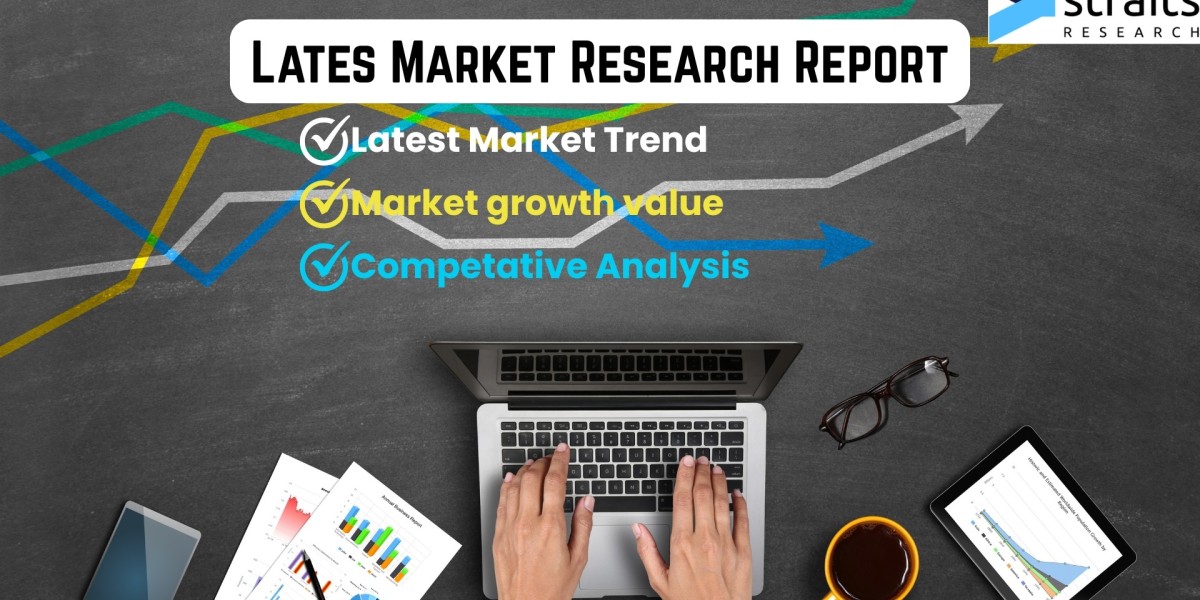Fleet management is at the cusp of revolutionary change as new technologies like artificial intelligence (AI), electric vehicles (EVs), and Internet of Things (IoT) connectivity transform traditional operations into smart, efficient ecosystems. Businesses deploying smart fleet solutions are realizing benefits in cost reduction, carbon emissions, driver safety, and real-time decision-making. The fast pace of innovation, combined with regulatory pressures and sustainability mandates, is accelerating global adoption and competition.
According to Straits Research, the global smart fleet management size was valued at USD 81.33 billion in 2024 and is expected to grow from USD 94.59 billion in 2025 to reach USD 316.56 billion by 2033, growing at a CAGR of 16.3% during the forecast period (2025-2033). This surge is propelled by investments in electric mobility, telematics, AI-enabled predictive maintenance, and vehicle-to-everything (V2X) communication technologies.
Key Trends Driving Smart Fleet Management
Electric and Autonomous Vehicles Lead the Shift
Fleet operators worldwide are aggressively integrating EVs into their fleets, motivated by government incentives, lower operational costs, and corporate sustainability goals. Autonomous and semi-autonomous vehicle features enhance safety and reduce driver fatigue, with lane-keeping, adaptive cruise control, and collision avoidance becoming standard across newer fleet vehicles.
AI and Big Data Enhance Operational Efficiency
AI-powered analytics are revolutionizing route optimization, fuel consumption monitoring, and predictive maintenance. By analyzing real-time GPS, driver behavior, weather, and traffic data, AI algorithms propose smarter routes that save fuel and improve delivery times. Predictive maintenance systems alert fleet managers before breakdowns happen, extending vehicle lifespans and reducing downtime.
Connectivity with 5G and IoT Unlocks Real-Time Visibility
The rollout of 5G networks facilitates seamless, low-latency communication between vehicles and management centers. IoT sensors monitor tire pressure, engine health, cargo conditions, and driver safety metrics in real time, enabling proactive interventions. Telematics is now essential, providing continuous status updates and compliance tracking.
Sustainability and Carbon Emission Monitoring
Environmental concerns push fleets to adopt digital tools for automated carbon reporting and eco-driving feedback. Compliance with regional regulations in Europe, North America, and Asia-Pacific is driving fleets to demonstrate accountability in emissions reduction as part of corporate social responsibility initiatives.
Leading Players and Country-Wise Developments
Geotab (Canada): Known for its advanced fleet analytics and AI insights platform, Geotab continues to expand its global footprint by partnering with automotive and telematics providers.
Trimble Inc. (USA): Offers comprehensive telematics and routing services focusing on logistics, construction, and agriculture fleets.
Verizon Connect (USA): Integrates 5G and IoT solutions for efficient management, driver safety, and regulatory compliance.
Fleet Complete (Canada): Provides AI-driven diagnostics, real-time tracking, and innovative telematics aimed at medium and large fleets.
Omnitracs (USA): Focuses on predictive maintenance and AI-based routing systems to improve uptime and cost efficiency.
TomTom Telematics (Netherlands): A leader in routing optimization and carbon footprint monitoring software for European fleets.
Zonar Systems (USA): Specializes in electronic inspections, GPS tracking, and integrated fleet compliance solutions.
Country-wise updates reveal strong growth in North America due to established telematics infrastructure and regulatory frameworks promoting smart fleet technologies. Europe prioritizes electrification and sustainability to meet stringent emissions targets, led by the UK, Germany, and the Netherlands. Asia-Pacific, particularly China, Japan, and India, is rapidly adopting smart fleet solutions, spurred by digital infrastructure investments and expanding urban logistics.
Recent News and Strategic Developments
In early 2025, Geotab launched a new AI-driven analytics platform enhancing predictive insights on vehicle maintenance and driver safety.
Verizon Connect unveiled its 5G-enabled fleet management solution in Q2 2025, allowing ultra-fast, reliable data transfer and real-time asset monitoring.
Trimble expanded its autonomous vehicle integration capabilities in commercial fleets through partnerships with EV manufacturers and urban mobility startups.
Fleet Complete introduced a driver behavior safety platform combining AI dashcam technology and telematics to reduce accidents and insurance costs.
Omnitracs reported ongoing deployments of AI-powered real-time routing tools across North American and European logistics companies.
The European Union solidified new carbon emission compliance regulations in mid-2025, further driving demand for smart fleet carbon footprint monitoring software.
Challenges and Future Outlook
Despite rapid advances, challenges remain including high upfront costs for EV fleet conversion, integration complexity across heterogenous vehicle types, data privacy concerns, and uneven infrastructure deployment globally. However, as AI- and cloud-based solutions become more accessible, small and medium fleets are also starting to benefit from digital transformation.
The future of smart fleet management lies in fully autonomous vehicle networks, tighter integration with smart city infrastructure, and continuous AI learning systems optimizing fleet operations end-to-end. Public-private collaborations accelerating EV charging infrastructure and 5G expansion worldwide will be critical enablers.













